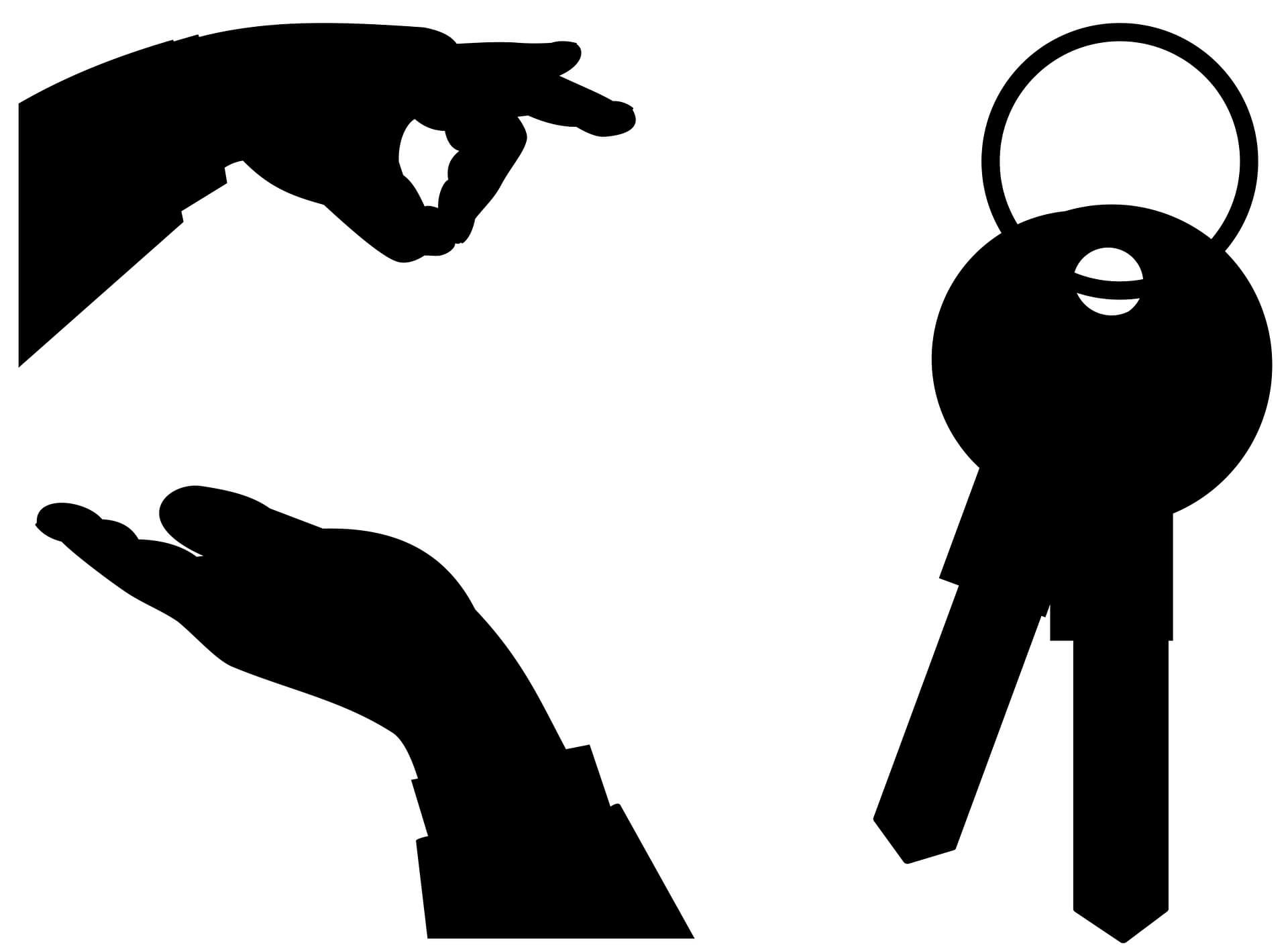There are many different ways to invest in real estate these days. You can buy an apartment building and rent out each unit individually. You can buy a single-family house and rent it to a single tenant. You can even buy a property and then advertise for short-term tenants on websites like Airbnb.
All of these methods of real estate investing allow you to keep a professional distance between you, the landlord, and your tenants, which many landlords prefer. Interestingly, though, there’s a new trend on the rise in the world of real estate investing, and it hinges on dispensing with both professional and physical distance. It’s called “house hacking,” and it’s when a real estate investor buys a multi-unit property (also called a multiplex), moves into one of the units himself, and then rents out the remaining units to renters, making himself a live-in landlord.
You may be wondering why anyone would choose to take on the burden of being a multiplex’s on-site, one-man management company. The benefits of doing this lie in the financial perks attached to this kind of arrangement, which actually make house hacking one of the more lucrative ways to invest in real estate. For example, live-in owners of multi-unit properties are eligible for all sorts of tax deductions, including ones that account for “the depreciation of the rented portion of the property,” says Alan Pinck, an enrolled agent and tax consultant. And multiplexes often qualify for a variety of governmental assistance programs and loans that significantly defray the cost of their upkeep and maintenance. For these reasons and more, the house hacking trend is becoming increasingly popular, especially amongst Millennials who are looking to generate an additional stream of income by investing in real estate but want to start their investing careers on a smaller scale.
When I say that house hacking is becoming increasingly popular, I’m being conservative. According to Jonathan Smoke, chief economist at Realtor.com, the “sales of owner-occupied ‘multiplexes’ – properties with two, three or four independent units – rose 24% between 2014 and 2015,” and “the values of multiplexes are up 21%” right now. Of course, being a live-in landlord has its cons; having to evict your next door neighbor would be uncomfortable at best, and any additional or unexpected damages or costs that your property may incur are your responsibilities alone. With that said, though, many house hackers have reported that their arrangement allows them to not only live rent-free, but to make a profit off of their tenants’ rents each month, which is certainly an appealing prospect.
As is the case with starting any business, the key to house hacking is making sure to perform very thorough due diligence at each point along the way. Personally, I cannot emphasize enough how crucial it is to consult a real estate professional who has experience in the investment sphere before you purchase your first investment property. She will be able to offer you valuable advice and insight about how to price your rentable units, she can walk you through the deliberately complicated paperwork you’ll have to complete, and she can introduce you to other real estate professionals who may be able to bring you qualified tenants. Taking the time and effort to make your first foray into house hacking a professional operation will make the experience as successful, rewarding, and, perhaps most importantly, as lucrative as possible.


